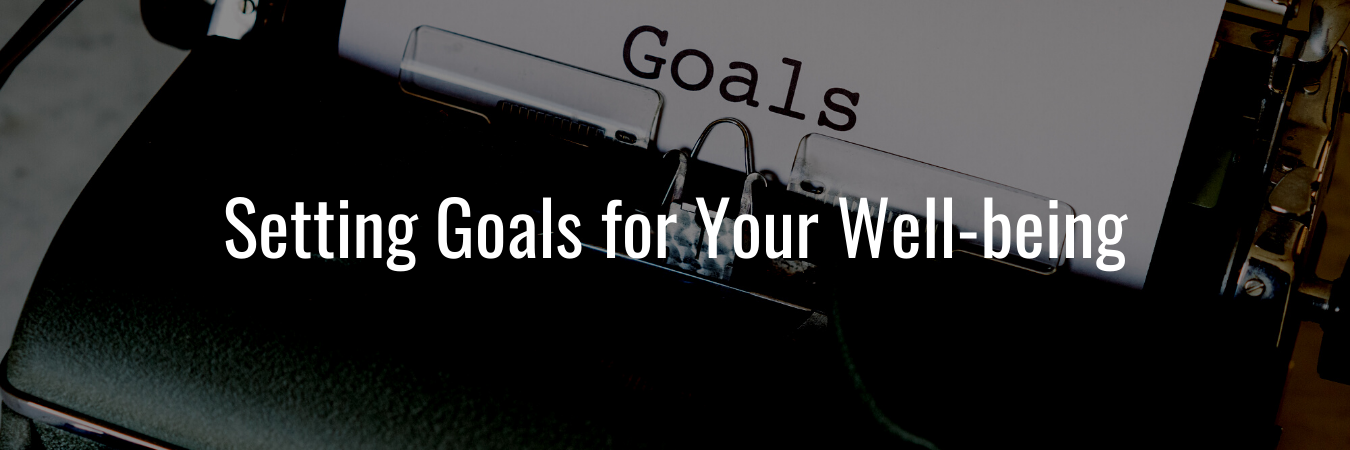Budgeting
The act of budgeting is often more complicated than people give it credit. It involves a variety of behaviors, skills, and knowledge in order to do well. And because our lives and the decisions we deal with on a daily basis are complicated and constantly changing, it requires continual practice, not something that you do once and forget about it.
Financial Planning vs Expense-Tracking
Budgets and spending plans are both terms to refer to your overall financial plan.
Budgeting is sometimes used to refer to the financial planning process (creating a budget) or tracking expenses or it can refer to both the planning and tracking process.
Since budgeting can be a bit of an ambiguous term and there are many good approaches, let's focus on some overarching steps that are key in the financial planning and tracking process, which includes:
- Collecting financial information like bills, expenses, debts, income, and other resources.
- Prioritizing your spending habits: needs > wants.
- Setting S.M.A.R.T. goals to guide your budget and better measure your progress.
- Tracking expenses & progress towards your financial goals.
- Re-evaluating your spending plan regularly to better meet your needs.
Collect Financial Information
Assessing your financial resources and obligations is an important first step in creating a realistic financial plan.
Resources (Income)
Salary and other earnings from employment is usually the biggest form of income for individual consumers, but it's important to remember that you may have other community resources to help you cover your needs and even wants. Taking inventory of your access to federal, state, or local aid programs (e.g., LIHEAP, Illinois SNAP), libraries, public transportation, and more can help you create a robust and comprehensive budget.
Financial aid and contributions from others can be valuable sources of income that should not be forgotten. If you have student loans, these are considered income while you're in school, but they turn into a debt that must be repaid when you leave, so minimizing this form of income when you're able can help limit financial obligations for your future self.
Obligations (Expenses)
You may have fixed, flexible, or occasional expenses to collect. Fixed expenses are a set amount, usually due monthly. Flexible expenses could vary in amount due, like electricity. And, occasional expenses may not occur on a regular monthly schedule, but could be fixed or flexible in the amount due.
Your monthly, quarterly, semesterly, and annual bills are important to collect. This could obviously include your rent or mortgage payment, phone bill, internet, utilities, loans or credit card bills, insurance premiums, tuition, and more. Insurance may be an example of an occasional, fixed expense if you choose to pay quarterly or annually instead of monthly.
Surprise expenses, like car repairs, are occasional, and may be harder to plan for. You may need to do your research to plan for occasional expenses like textbooks, vehicle maintenance, or other costs that you may not have experienced yet but expect to see in the future.
Learn More
Get a digital badge by completing any 3 modules in the Spend Course. Click the image below for directions on how to enroll!

Needs vs Wants
Part of the reason budgeting is a challenging task is because needs and wants differ from person to person. What you consider a need now may be different than what you consider a need in the future, because our circumstances, responsibilities, and values can change throughout our lives.
We often like to refer to a need as something that could jeopardize your health, safety, or livelihood if you went without it.
Goal-Setting
Your overall financial plan should be guided by goals that are meaningful to you. What you value is an important aspect of financial planning since you won't change your habits unless it is helping you accomplish something you care about.
We liked to use the SMART framework when talking about goal-setting since it can pave the way for taking action. Below are some considerations for the version of the acronym we use in SMMC most often:
- Specific - The more specific your goal, the easier it is to visualize which makes you more likely to achieve it.
- Measurable - Can you quantify your goal in a way that allows you to track progress towards it? This might be subtasks to complete or a specific number to save/repay each month.
- Agreed Upon - Most people rely on others to help them accomplish goals. If you rely on a cosigner for a financial goal, does your cosigner agree? If it's a trip, do you agree on the destination?
- Realistic - Given your current income, resources, and time, is this a realistic goal? Where might you need to compromise in order to make it realistic?
- Timely - When do you want to achieve your goal? You can always re-evaluate your time frame later, but having a realistic target date initially helps keep you on track.
Learn More
Check out our News & Events Blog to learn more about...

Tracking Your Progress
A plan is meaningless without implementation, so that's why expense-tracking (and tracking progress towards goals!) is so important.
Remember that monitoring your account activity is important to catch fraud, but finding ways to put your purchases into categories can help you better track your habits and progress towards your goals.
Apps & Software
There are tons of smartphone apps to help you budget your money. No matter which one you choose to use, make sure it uses bank-level security if you’re connecting accounts and it has features that you care about (automatic categories, budget alerts, net worth calculation, etc.).
Online Banking
Many financial institutions make transaction history available online. Some even will allow you to categorize and track purchases within their website or mobile app. Check with your financial institution(s) to see what's available to you.
Calendar
If you like to look at the timing of your habits, you can capture and color code expenses on a calendar, either digitally or on a physical calendar - whatever works best for your needs! You can also track your income and other resources based on when you get paid or get access to those funds on the calendar.
Shoebox
You may choose to collect all your receipts in a shoebox and periodically tally up your spending by category to see how things are going. The important thing is to try to capture every purchase, even transactions with cash!
Notebooks
Check registers are not just a relic of the past. Some people like to physically write down their purchases and reconcile what they track with their bank statements later. With bullet journaling being a popular way to track habits, you may prefer to use pen & paper to track your spending habits.
Tracking your habits can help you make incremental changes to your behaviors, which is often easier than trying to change everything at once. You may like to try one of the methods we mentioned above or a combination of several for your planning and tracking needs.
Learn More
Check out "Spooked by Spending Plans?" on YouTube for more ideas on tracking your spending.
Evaluating & Modifying Your Plan
Once you've been monitoring your habits and progress towards your goals for a while, you may find that you need to re-evaluate your plan. You may find that a habit is harder to change than you thought because you value it more than you realized. Or something may have changed in your life and the transition has made you rethink what's important to you in reaching your goals. The important thing to remember is that change is okay.
For example, if you find that you really value going out to eat with your friends, so you're not as willing to change your food away from home budget as you thought initially, look for other areas of your budget you're willing to compromise so you can still engage in that behavior without jeopardizing some other area of your finances or spending more than your income really allows.
You may decide that your timeline is too ambitious for saving up for a particular goal, so you can either adjust your timeframe or research other ways to modify that saving goal to meet your needs in a way that works with your resources. If you're struggling with creating or updating your financial plan, you can meet with Money Mentor volunteer or learn what to look for when Choosing a Financial Pro.